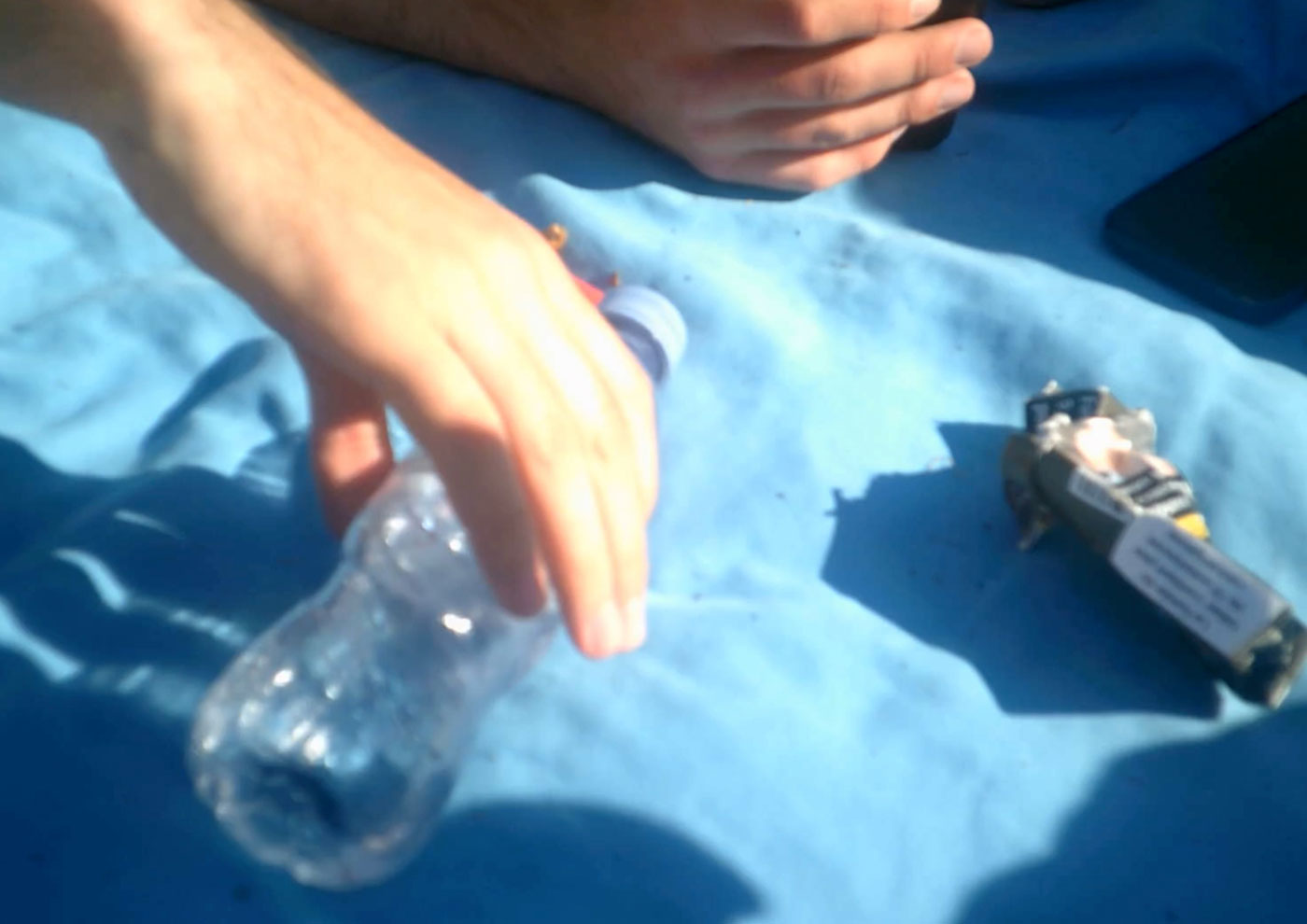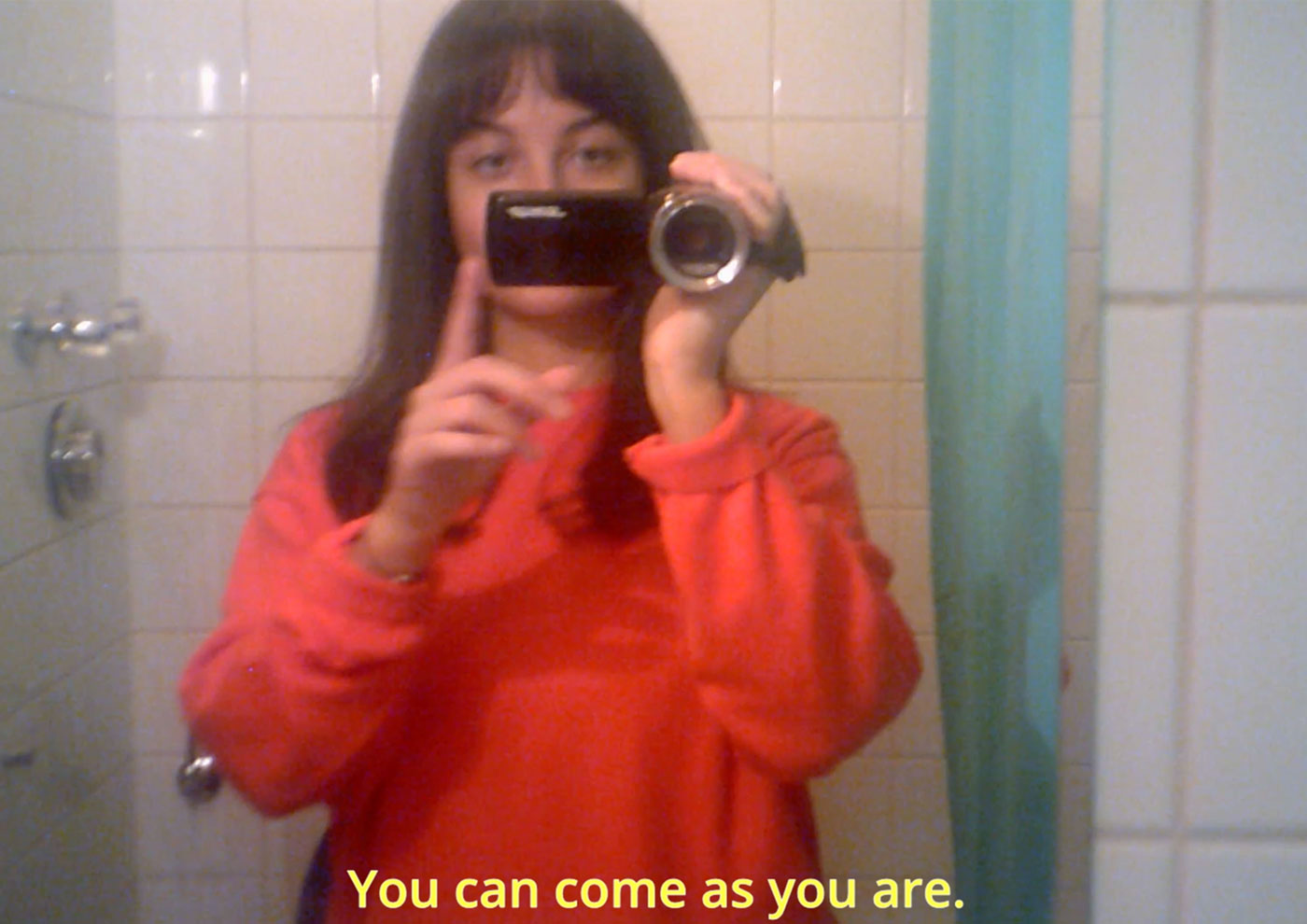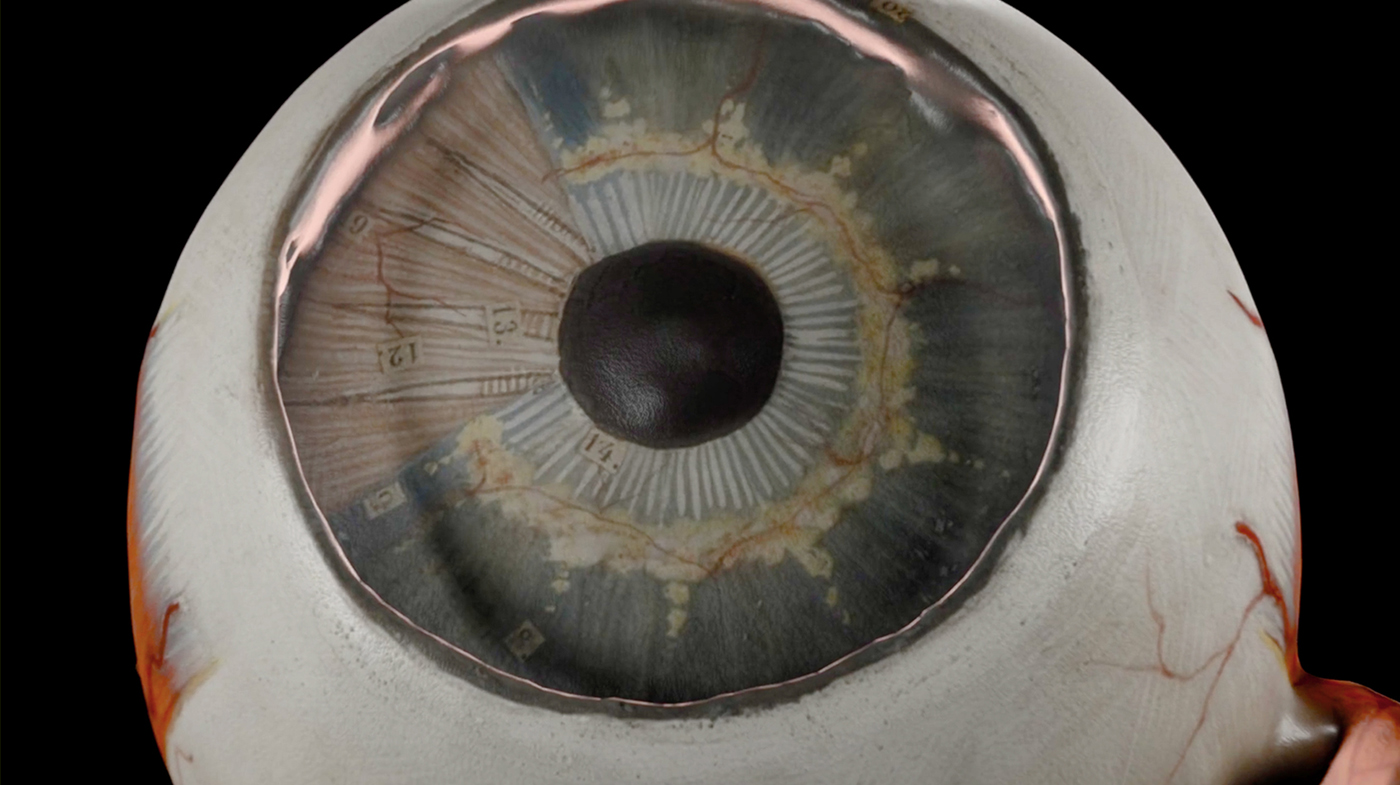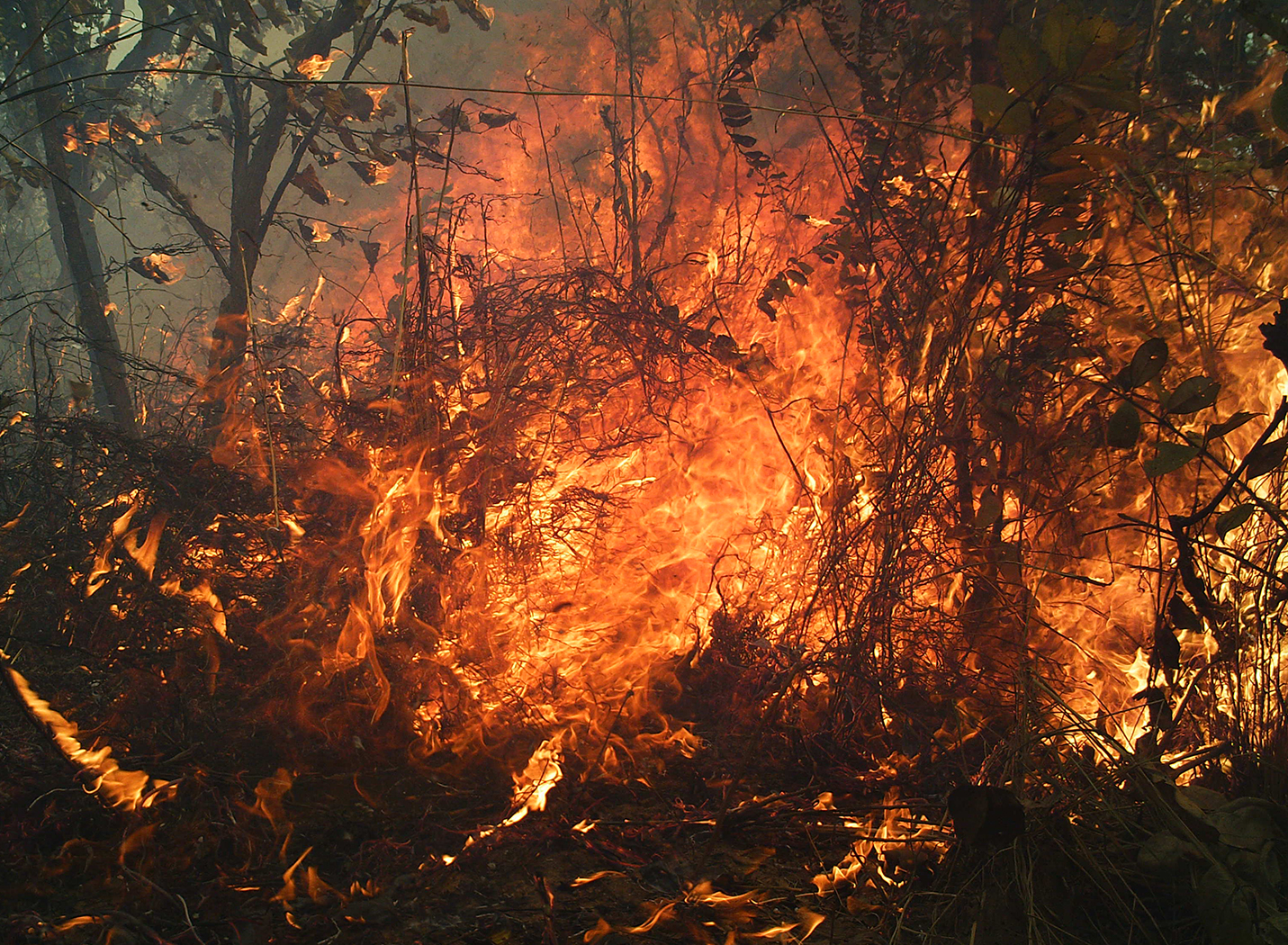Linz International Short Film Festival
City-Kino Linz, Graben 30, 4020 Linz und
Kunstuniversität Linz Standort Hauptplatz 8, 4020 Linz (Festival Center)
Stephanie Bergwinkl / Enar de Dios Rodríguez
Screenings / City-Kino Linz:
We pretend not to see* by Stephanie Bergwinkl
Ecotone* by Enar de Dios Rodríguez
shifting bodies to fluid fiction by Daniela Gutmann
dogrunfast by Ildiko Mayr
linz verschandeln by Carlotta Röll, Marlene Steiner, Naim Aist, Severin Stadler
Psychedelic Clouds by Jennifer Eder (music video for Johnny and the Rotten)
*will be shown after the festival at Kunstuni Linz, Hauptplatz 8 in the former festival headquarter
Der gemeinnützige Film- und Kulturverein CLOSEfilm wurde 2018 von Parisa Ghasemi und Ashkan Nematian mit dem Ziel gegründet, Kunst, Kultur und vor allem Film zu fördern. Um dieses Ziel zu erreichen, findet seit 2018 jährlich das Internationale Kurzfilmfestival Linz statt. Von Beginn an leistet das LINZ INTERNATIONAL SHORT FILM FESTIVAL einen wichtigen Beitrag für die Linzer Kulturszene, schafft ein produktives Umfeld für lokale Künstler*innen und Filmschaffende sowie Raum für gemeinsamen künstlerischen Austausch. Die Förderung der Filmbildung und der Filmwirtschaft in Linz und weltweit durch den Aufbau einer internationalen Vernetzungsplattform ist das übergeordnete Ziel.
The non-profit film and culture association CLOSEfilm was founded in 2018 by Parisa Ghasemi and Ashkan Nematian with the aim of promoting art, culture, and especially film. To achieve this goal, the Linz International Short Film Festival has been held annually since 2018. From the very beginning, the LINZ INTERNATIONAL SHORT FILM FESTIVAL has made an important contribution to the Linz cultural scene, creating a productive environment for local artists and filmmakers as well as space for joint artistic exchange. The promotion of film education and film economy in Linz and worldwide by building an international networking platform are our overriding goals.


Stephanie Bergwinkl
(Time-based Media)
Stephanie Bergwinkl experiments with analogue and digital recording media as well as colours and forms. Oscillating between truth and fiction, concerned about the art of seeing (and not seeing).
We pretend not to see
Experimental film, 7:47 min.
Das „Ich“ denkt über seine veränderte Beziehung zum „Du“ nach. Kann man einfach beschließen, dass man einen anderen Menschen nicht mehr kennt? Die Trennung zweier Menschen wird in Analogie zum Beginn eines Krieges zwischen zwei Ländern gesetzt. Sie beschließen, dass sie sich nicht (mehr) mögen und kämpfen für ihre Wahrheit: Was ist real? Und was ist nur eine Projektion?
The ‘I‘ reflects on its changed relationship with the ‘you‘. Can one simply decide that one no longer knows another person? The separation of two people is put in analogy with the beginning of a war between two countries. They decide they don‘t like each other (anymore) and fight for their truth: What is real? And what is just a projection?
Enar de Dios Rodríguez
(Graphic Design and Photography)
Ecotone
Film essay, HD, colour, sound, 27:21 min.
Der Filmessay ECOTONE erzählt von Grenzgebieten und Praktiken der Kontrolle, die über Räume ausgeübt werden, um ihre Trennung aufrechtzuerhalten. In eine Folge von Orten unterteilt, beinhaltet ECOTONE eine Kritik an den aktuellen Auswüchsen des Kapitalismus, wie dem Surveillance-Kapitalismus oder dem Biokapitalismus.
ECOTONE is an a film essay about borderlands and the practices of control that are exerted over spaces in order to maintain their separation. Structured as a set of fields, ECOTONE is a critique of current forms of capitalism, such as surveillance capitalism and biocapitalism.


